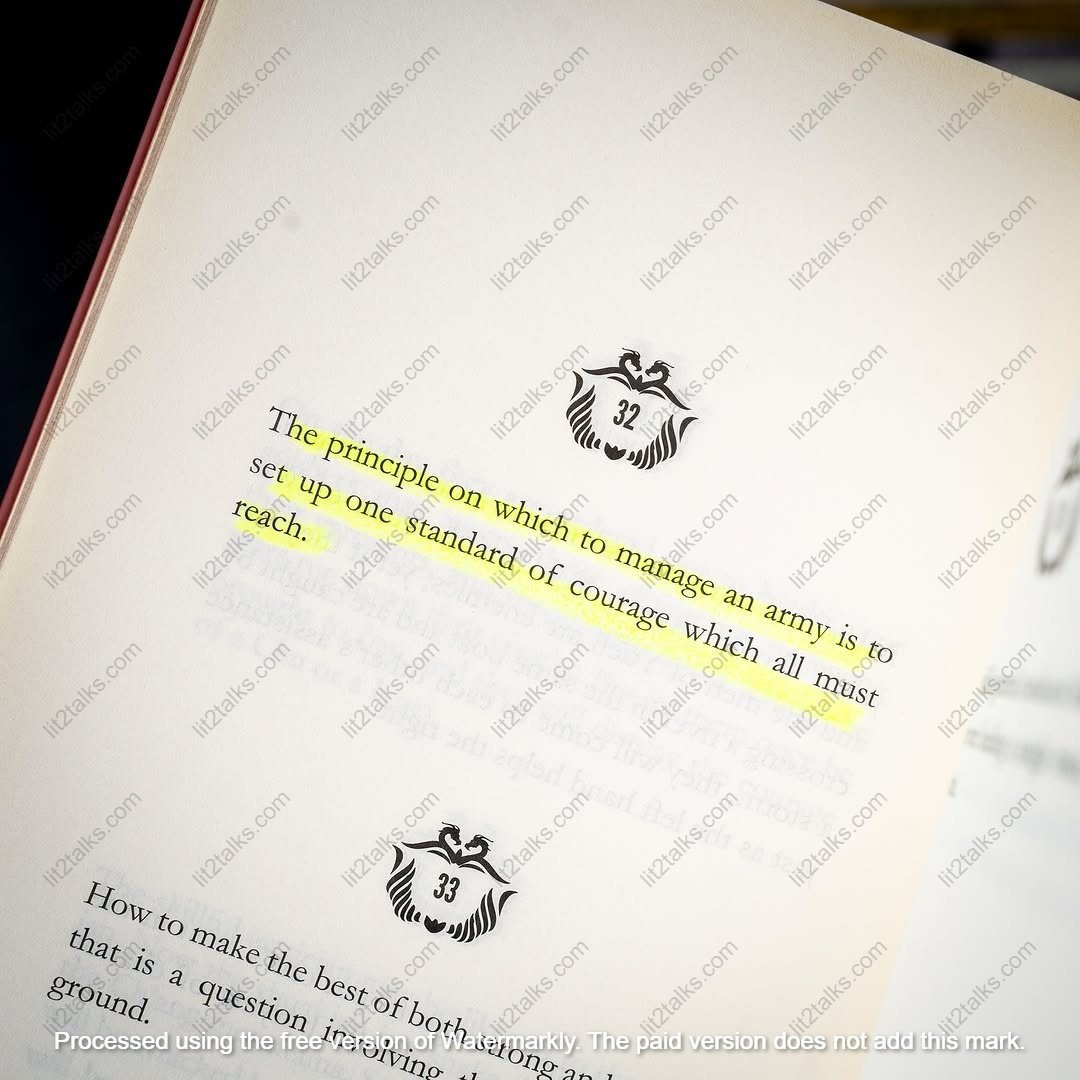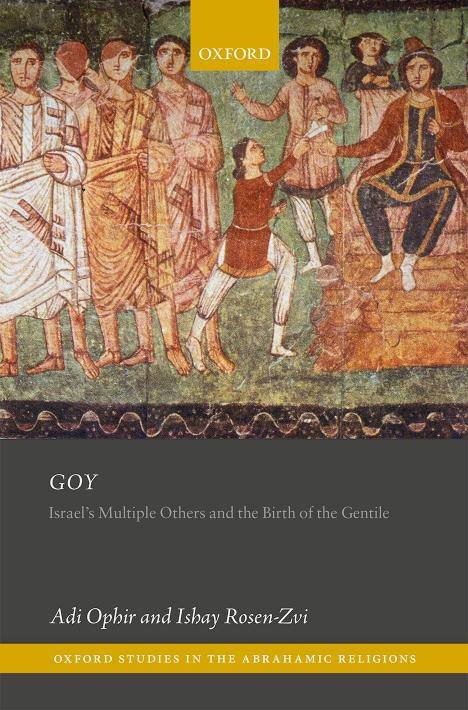

The Guide for the Perplexed by Moses Maimonides
Private Book Reader
Upload and read your personal PDF books in our secure reader
Read Your Private BookShort Audio Book Summary
The Guide for the Perplexed by Moses Maimonides Summary
0:00 / 0:00Reviews
No review yet. Be the first to review this book!
Description
The Guide for the Perplexed by Moses Maimonides is one of the most important philosophical and theological works of medieval Jewish thought. Written in the 12th century, it addresses the conflict between traditional religious beliefs and the rational philosophy of Aristotle, seeking to reconcile faith and reason. Maimonides, a towering figure in Jewish intellectual history, wrote the book primarily for educated Jews who found themselves "perplexed" by apparent contradictions between the teachings of the Torah and the philosophy and science of the time. In this complex and nuanced work, Maimonides argues that many of the difficulties and contradictions people perceive in religious texts arise from a lack of understanding of metaphor, allegory, and the limits of human knowledge. He asserts that much of Scripture must be interpreted figuratively rather than literally. By doing so, one can see the compatibility between reason and revelation. One of the central themes of the book is the nature of God. Maimonides insists on God's absolute transcendence, arguing that human language and concepts are inadequate to describe God. He promotes what is called negative theology, which suggests that we can only describe what God is not, rather than what God is. Any positive description of God's essence, according to Maimonides, risks anthropomorphism and idolatry. Maimonides also tackles the problem of evil and divine providence. He explains that much of what people perceive as evil is due to their misunderstanding of the natural order or is a consequence of human free will. Providence, he claims, extends especially to the intellect and the righteous, whose understanding aligns more closely with divine wisdom. In The Guide for the Perplexed, Maimonides integrates Aristotelian philosophy with Jewish theology, exploring metaphysics, cosmology, prophecy, and ethics. He maintains that reason and philosophical inquiry are not only compatible with faith but essential to achieving a deeper understanding of the divine. The work had a profound influence not only on Jewish thought but also on Islamic and Christian medieval philosophy. It addresses universal philosophical issues, such as the nature of existence, the problem of language in theology, and the relationship between faith and reason. Ultimately, The Guide for the Perplexed is an intellectual roadmap for those struggling to balance rational philosophy with religious belief, encouraging thoughtful interpretation and deep contemplation as the path to spiritual and philosophical enlightenment.








 May 03, 2025
May 03, 2025




 May 03, 2025
May 03, 2025


 May 03, 2025
May 03, 2025

 May 03, 2025
May 03, 2025


.jpeg)











.jpg)



.jpg)














.jpg)


.jpeg)





.jpeg)

.jpg)





.jpg)



.jpg)

.jpeg)

.png)




.jpeg)




.jpg)












































